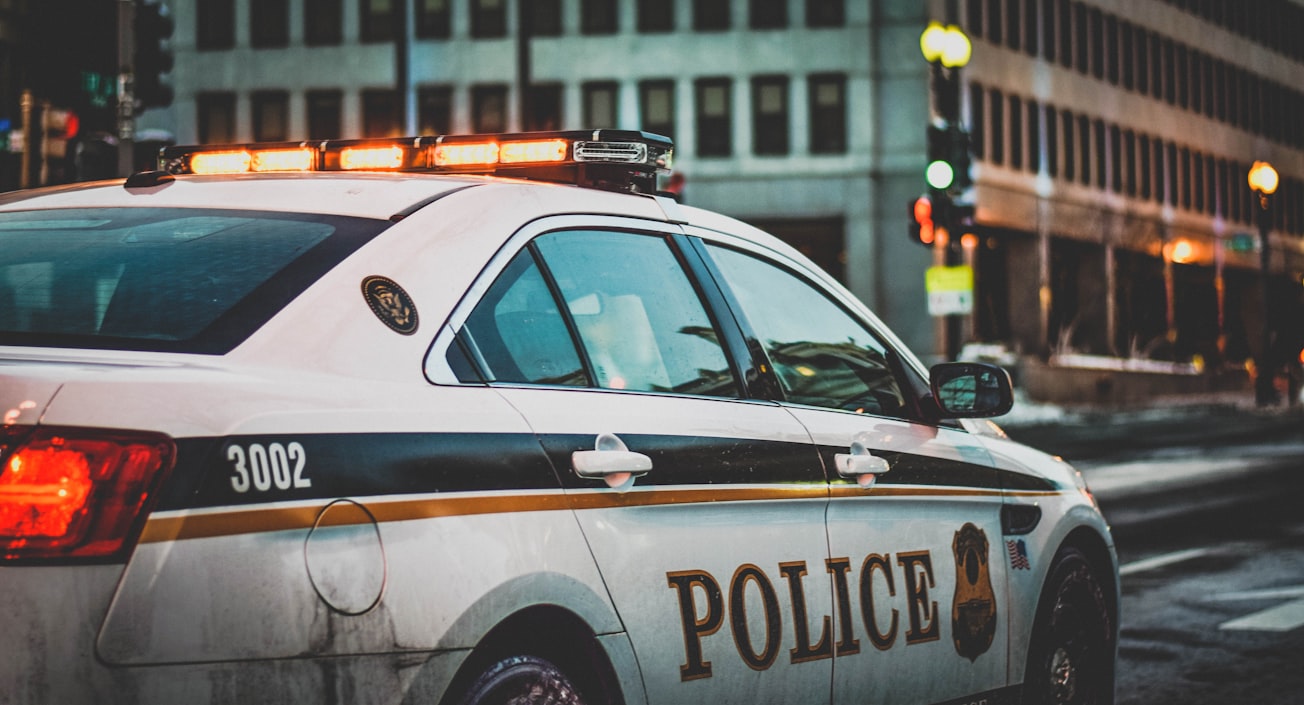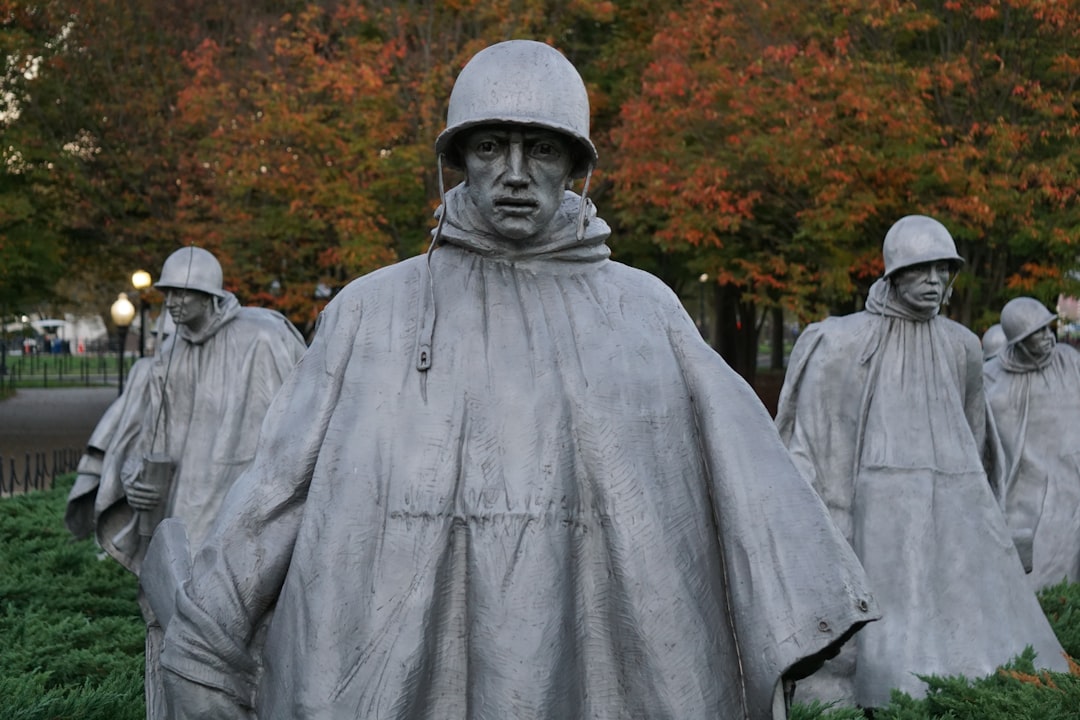What is it about?
Adolescents are likely adversely impacted when they witness or learn about their peers' police intrusive encounters. The present paper examines whether police intrusive encounters toward adolescents spillover to predict their peers' trust and adherence to school and school rules.
Featured Image

Photo by Matt Popovich on Unsplash
Why is it important?
In the present study, classmates’ intrusive police encounters predicted higher levels of adolescents’ engagement in defiant behaviors, regardless of adolescents’ history with direct police intrusion. Aggressive policing policies and practices (e.g., proactive policing) may have collateral consequences on adolescents’ collective wellbeing.
Perspectives
Growing up in a predominantly low-income, Black and Latinx neighborhood, I was well aware of the overt police surveillance toward many of neighbors and peers of color. Writing this article enabled me to contribute to my community by documenting the consequences linked to overt police intrusion toward individuals, including individuals without any direct police-initiated contact. I'm thankful for the support from my co-authors in writing the present article, and I hope that the article will contribute to implementing changes in policy and practice that will help reduce police-initiated interactions among all children and adolescents.
Juan Del Toro
University of Minnesota Twin Cities
Read the Original
This page is a summary of: The spillover effects of classmates’ police intrusion on adolescents’ school-based defiant behaviors: The mediating role of institutional trust., American Psychologist, March 2023, American Psychological Association (APA),
DOI: 10.1037/amp0001148.
You can read the full text:
Resources
Contributors
The following have contributed to this page










